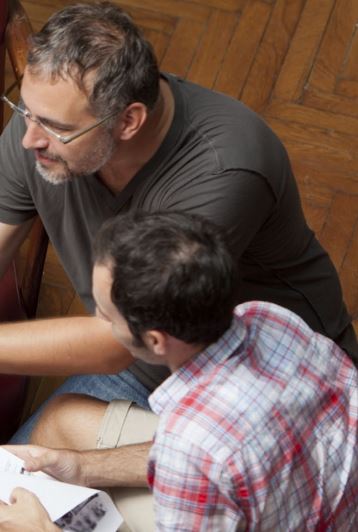
Teacher research has long been advocated as a critical element of teacher professionalism. In recent years there have been a number of initiatives in the UK to provide funds and support for teachers to conduct research studies, the most recent iteration of which led to the government funded Masters in Teaching and Learning. Funding and responsibility has now largely shifted with the emergence of the ‘school-led self improving system’, and one result is that research became one of the ‘Big 6’ responsibilities of Teaching Schools. In relation to this The National College for Teaching and Leadership (2014) outlined the expectations for research and development as follows:
- build on existing research and contribute to alliance and wider priorities
- base new initiatives within your alliance on existing evidence and ensure you can measure them
- work with other teaching schools in your area, or nationally, where appropriate
- ensure that your staff use existing evidence allow your staff the time and support they need take part in research and development activities
- share learning from research and development work with the wider school system
Furthermore, the national school leadership development programmes required engagement with contextual issues in order to carry out a change initiative, which participants then submitted for final assessment. There was a fairly clear expectation here that teachers will take account of existing research, but also that time and support will be available. However there is little articulation here of why schools should engage with research, or indeed how it might contribute to school culture and development. Generally we would argue that allowing and encouraging teachers to engage in research is a ‘good thing’. However we also believe that despite the many benefits of schools and teachers engaging in research, there are stormy waters to negotiate in this process. We were one of the teams commissioned to write review papers for the British Educational Research Association/Royal Society of Arts Inquiry ‘Research and the Teaching Profession: Building the Capacity for a Self-Improving Education System’. One of the conclusions of the final report is that teachers’ experience of professional development in most parts of the UK is “fragmented, occasional and insufficiently informed by research”.
Teacher research can be seen as formative and progressive, especially where the culture supports collaborative practice, coaching and self-evaluation (Lofthouse et al., 2011) but this is not guaranteed. An obvious contextual factor in understanding how research might sit within schools is the pressure to meet external examination targets. Ball (2003, 2013) conceptualises this pressure as a culture of ‘performativity’ in which there is managerial control of public services through the instrument of numerical targets. It is difficult to deny that most teachers and headteachers are driven by the need to meet performance targets, which has obvious consequences for their appetite for risk taking

and the amount of mental energy they have for research. It is against this background that teachers’ engagement with and in research must be seen, in particular because it might imply that the only form of enquiry which might be deemed permissible is that which is orientated towards collecting data to feed the resulting self- surveillance and rigid improvement planning that results.
Teachers’ engagement in research is not just personal